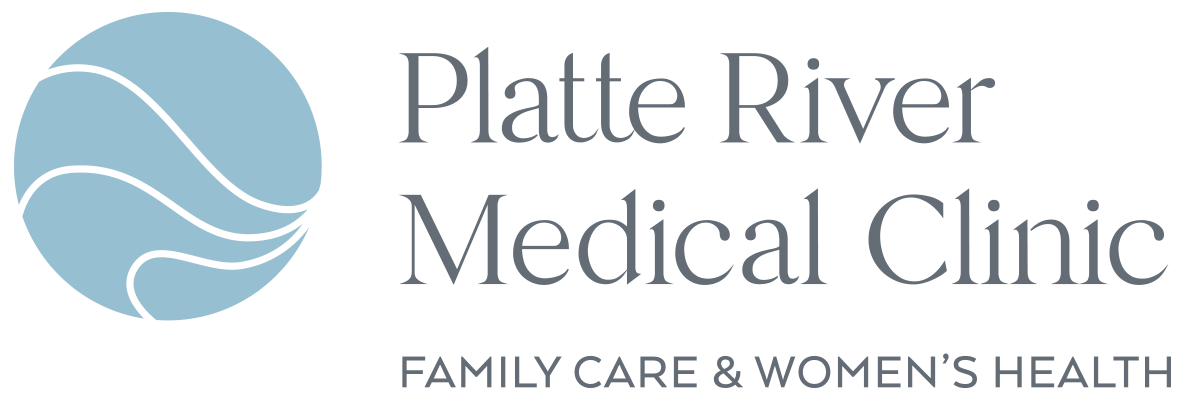Commonly Used Insurance Terms
Claim: The form that the physician files with a health insurance company that details the services and procedures performed by the physician, on your behalf, and other pertinent data that is required by the health insurance company to receive payment.
Co-payment or Copay: The part of you medical bill that you must pay each time you visit the doctor. This is a pre-set fee determined by your health insurance policy.
Co-insurance: The part of your bill, in addition to a copay, that you must pay. Co-insurance is usually a percentage of the total medical bill — for example, 20%.
Deductible: The cost you must pay for the medical treatment before your health insurance company starts to pay — for example, $500 per individual or $1,500 per family. In most cases, a new deductible must be satisfied each calendar year.
Explanation of Benefits (EOB): A written statement to a beneficiary, from a third party payer, after a claim has been reported, indicating the benefits and charges covered or not covered by your insurance plan. Remember, your EOB is not a bill.
Primary Health Insurance Company: The health insurance company that is responaible to pay your benefits first when you have more than one health insurance plan.
Secondary Health Insurance Company: The secondary health insurance company is not a first payer of your claims. The remaining claim balance will be sent to a secondary health insurance company, if provided, after a payment is received by the primary health insurance company.


